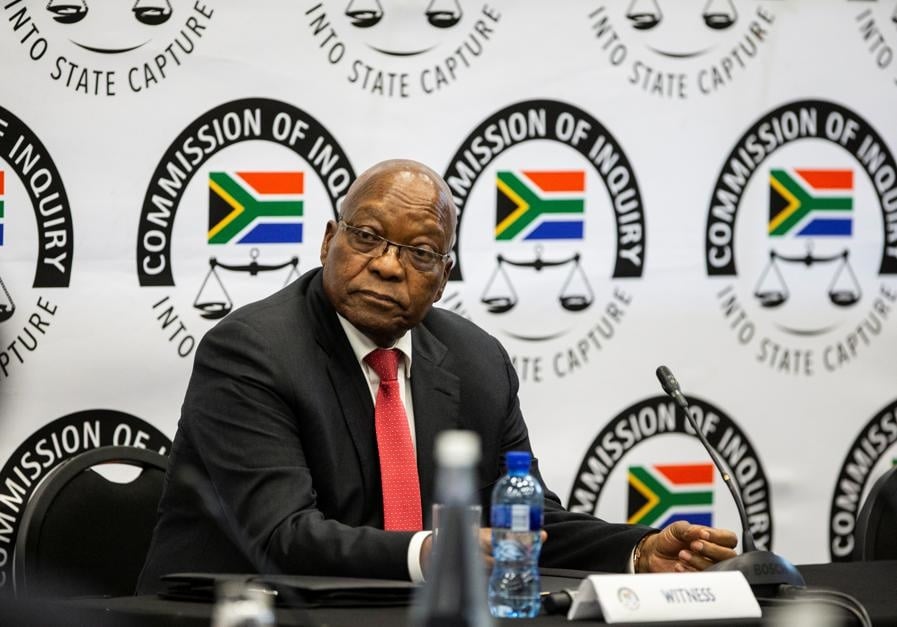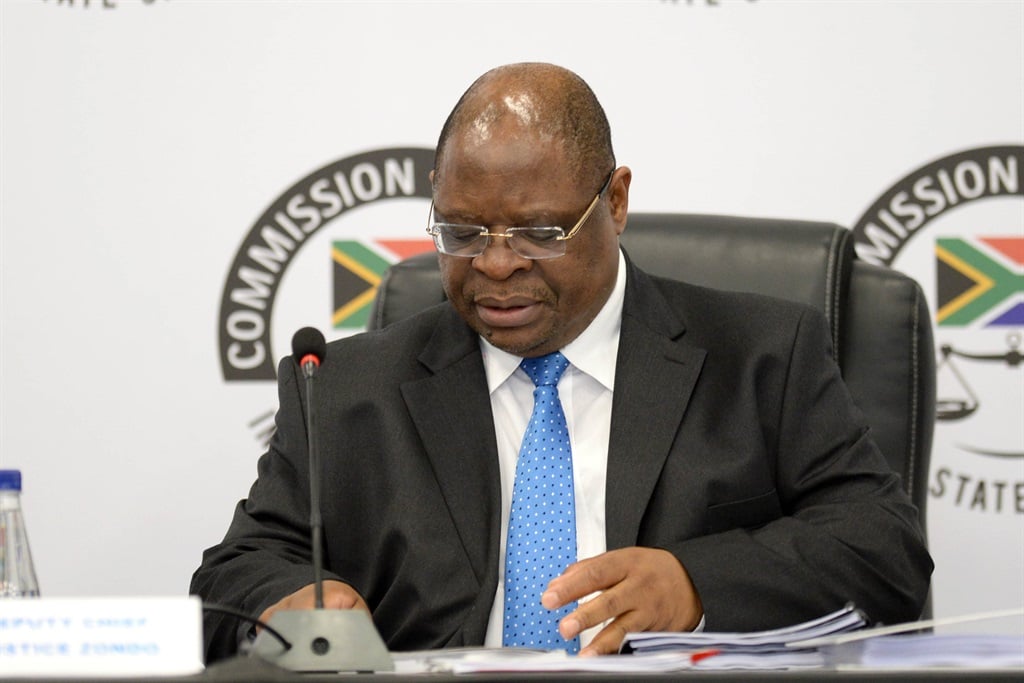
Africa has had its fair share of self-infatuated powermongers who would stop at nothing, including murderous destabilisation, to preserve themselves.
Southern Africa, in particular, is littered with graves of innocent citizens who fell victim to the selfish desires of egomaniacs such as Jonas Savimbi and Afonso Dhlakama – men who put their own political fortunes above the interests of their countries and their people.
Both men started off as anticolonial revolutionaries, but in their death they are only remembered as bloodthirsty warlords.
In his early years of political activism, Savimbi was an activist of the People’s Movement for the Liberation of Angola (MPLA), which was at the fore of Angola’s struggle for independence from Portugal.
When upward mobility was not forthcoming he joined the rival National Front for the Liberation of Angola, and when that didn’t go that well for him he formed his own National Union for the Total Independence of Angola.
At independence, with MPLA taking power, Savimbi returned to the bush.
The resultant civil war, which lasted 27 years, took 5 000 lives and displaced more than 1 million people. Casualties of one man’s power-mongering.
Dhlakama was a loyal member of Mozambique’s Frelimo liberation movement, but when he could not share in the spoils of independence in 1975 he defected to Renamo, which would launch an armed resistance to the new government two years later.
He rose to leadership and oversaw one of the late 20th century’s most brutal civil wars.
Renamo was vicious. It carried out atrocious massacres, razed villages and amputated limbs of civilians.
When the war ended in 1992, it was estimated that close to 1 million people had died and millions more had been displaced internally or to refugee camps in neighbouring countries.
All to satisfy one man’s power cravings.
In the early days of democratic South Africa it was anticipated that if we were to have scenarios such as those that played out in post-independence Angola and Mozambique, the culprit or culprits would come from those forces that were resisting change or wanting a better slice of the power cake for themselves.
We were so off the mark. Those forces were quickly nullified or emasculated by the main players on the political stage.
Most South Africans of all hues and ideological leanings had no appetite for conflict and just wanted to get on with the job of building a new nation.
Our Savimbi-cum-Dhlakama would emerge many years later and would come from a totally unexpected quarter.
Watching former president Jacob Zuma at the Zondo Commission into State Capture last week, it was clear that we were truly in dangerous waters.
Here was a man effectively moving the nation and his party inexorably in the direction of open conflict.
But back to that in a while.
For now let’s go back a few years to when Zuma was coming under siege within his own party and broader society was turning against him.
The man became increasingly belligerent, warning his detractors inside and outside the ANC to be careful.
He rallied his supporters to his cause, using emotive subjects such as land dispossession and economic inequality to tug at the heartstrings of the poor and project himself as the leftist African nationalist revolutionary.
That is when he upped his rhetoric that there was a plot by western forces to have him removed.
It was as if he was some kind of Patrice Lumumba or Thomas Sankara and not just a common thief with an overexcited libido.
He was, in fact, the greatest gift to any imperialist power – real or imagined – that might have wanted to undermine South Africa’s sovereignty.
When he appeared in court in KwaZulu-Natal after his ouster, he used the post-appearance rallies to sound dark warnings that he would take the fight to those “persecuting” him.
Although he never issued a call to physical battle, he was understood by those who could understand his coded language, particularly in the mother tongue.
Last week Zuma took South Africa through some fantastical journey that would have drawn the envy of the best fiction writers.
He was the victim of a multipronged, multinational, multiagency conspiracy that went back three decades, supposedly because they had long realised that he was the embodiment of South Africa’s revolution.
Outside the commission, Zuma was miraculously cured of his flu (praise be to the god of Nkandla) and he was in full voice as he enjoined his troops to engage the “enemy” that was fighting with a “new kind of bravery”.
“Let us be vigilant, the enemy is still around. Perhaps in an ANC meeting I will give more details. I said in the commission that I have been provoked enough for many years and I think that must come to a stop.”
So who is this enemy of whom Zuma speaks?
The enemy is those who democratically removed him from power in the ANC and in government, and who are now in charge of reclaiming the state from the hands of the looters who he handed it to.
Zuma’s enemies are those South Africans in politics and in civil society who want to see the likes of him behind bars and without their ill-gotten gains.
A quarter of a century into democratic South Africa and we may believe we have left our bloodied past behind.
This may well be the case, but a bad omen looms on the horizon.
Zuma is a desperate, self-centred, dangerous man surrounded by dangerous malcontents.
If ever there was any threat of civil conflict in South Africa, this man would be the cause and instigator.
He would be there at the fore, using his two heads to map out strategy and tactics.
| |||||||||||||
| |||||||||||||




 Publications
Publications
 Partners
Partners









